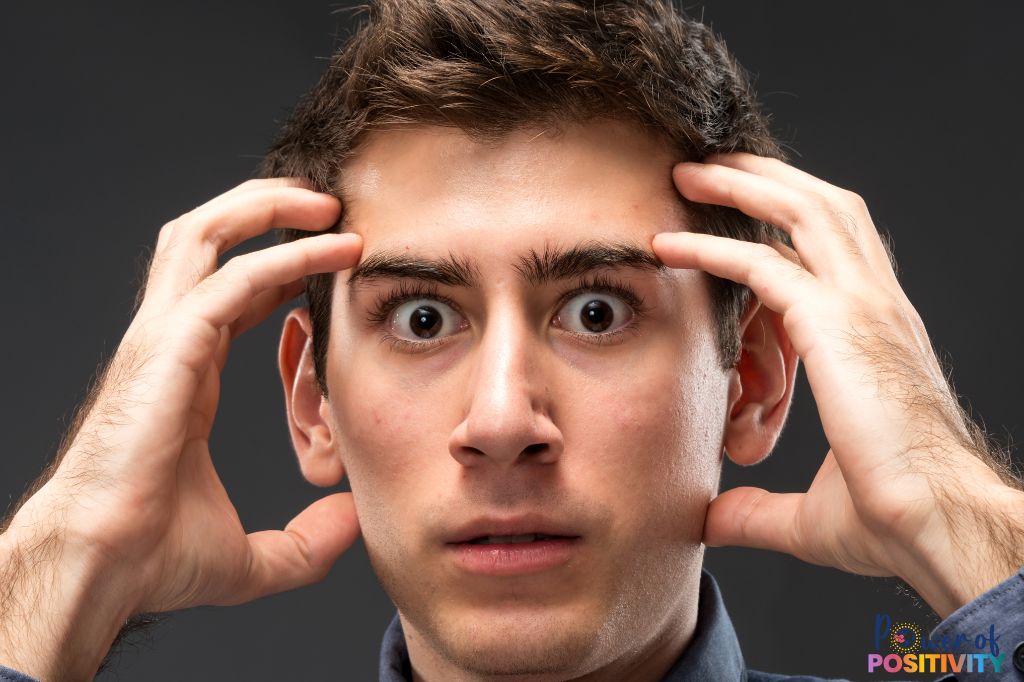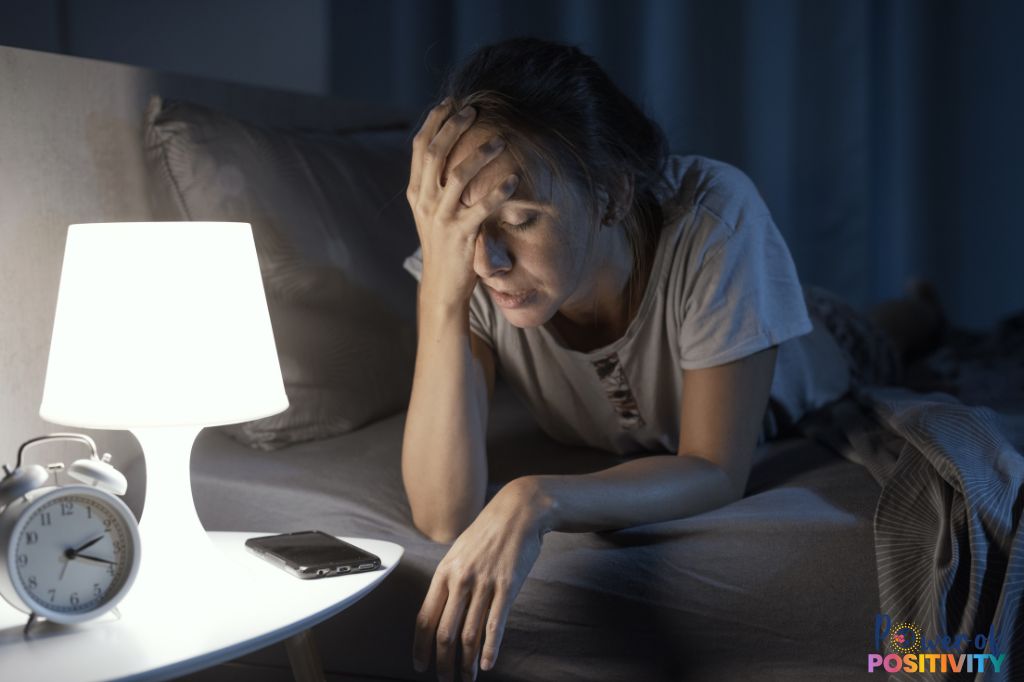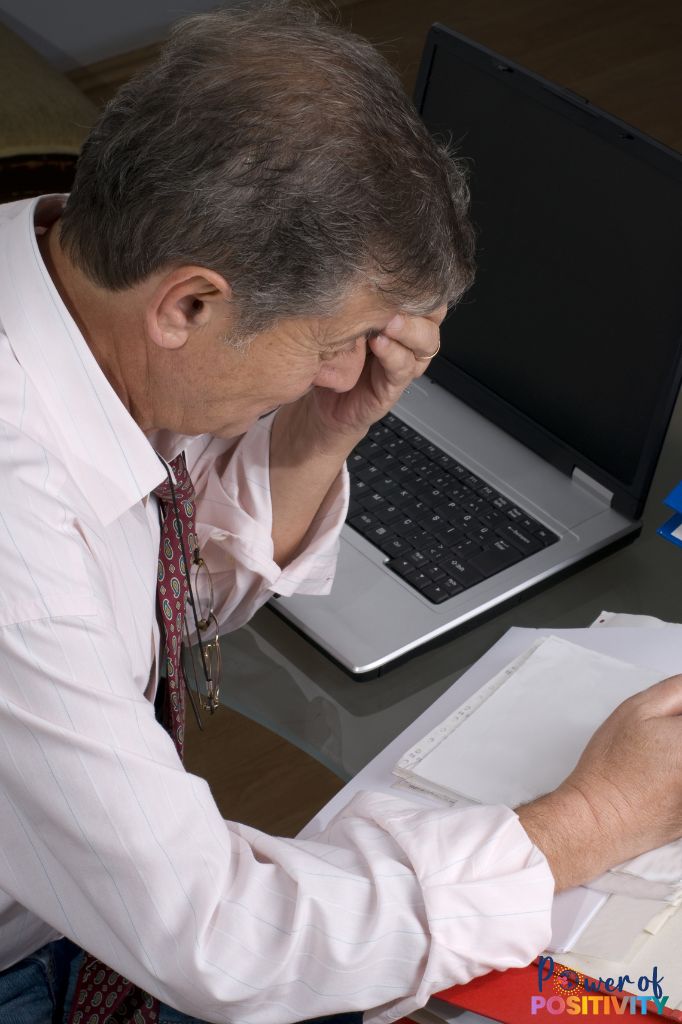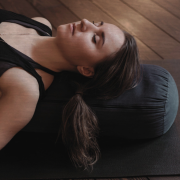Ever feel like your anxiety is spiraling out of control? You’re not alone—millions deal with it daily. In fact, anxiety disorders are the most common psychiatric conditions in the U.S., with a lifetime prevalence of 28.8%.
But did you know certain habits might be making it worse? The good news: You can identify and change these habits, regaining control over your mental health.
Ready to discover what’s holding you back and how to break free from it? This article dives into the habits that make anxiety worse—and offers simple, actionable steps to help you feel better today.
How Do Bad Habits Affect Anxiety?

There are numerous internal and external factors that can cause anxiety, which is a complex mental health condition. While anxiety may sometimes feel random, it often results from patterns and behaviors we engage in daily.
Habits, especially those related to stress management, diet, and lifestyle choices, play a significant role in either increasing or reducing anxiety levels.
Negative habits, like avoiding problems or striving for perfection, can feed the anxiety cycle, making it harder to break free.
On the other hand, developing healthier habits such as mindfulness and exercise can help manage and alleviate anxiety symptoms.
Common Habits That Are Making Your Anxiety Worse
Certain behaviors might seem harmless, but they can quietly fuel anxiety, making it harder to manage. Recognizing these habits is the first step toward improving your mental health.
By avoiding these triggers, you can reduce the impact anxiety has on your daily life. Let’s explore the top 10 that you need to watch out for and take steps to overcome.
Overthinking Everything
Overthinking is one of the common habits that make anxiety worse, particularly for those dealing with generalized anxiety disorder.
It traps you in an endless cycle of what-ifs and worst-case scenarios, making even the smallest issues feel monumental. This mental overdrive not only heightens anxiety but can also affect your ability to relax and enjoy the present moment.
The more you dwell on problems, the harder it becomes to focus on solutions, leaving you feeling overwhelmed. Breaking this cycle involves learning to quiet your mind and shift your focus toward what’s within your control.
Engaging in obsessive behaviors

Obsessive behaviors, like constantly replaying conversations or fixating on problems, only amplify worry and increase stress. Instead of providing relief, they trap the mind in a cycle of overthinking, making it harder to move forward.
The more you obsess, the harder it is to break free from the anxious thoughts controlling your mind. Anxiety thrives on this fixation, turning small issues into major stressors.
- Fixating on problems amplifies anxiety
- Constantly replaying situations fuels worry
- Small concerns spiral into overwhelming fears
Breaking free from obsessive habits starts with recognizing them and shifting focus to things you can control, which can help you manage anxiety more effectively.
Setting unreasonable expectations
Setting unreasonable expectations is another bad habit we should avoid. When you aim for perfection or expect things to go exactly as planned, disappointment becomes inevitable.
These high standards put extra pressure on you, leading to feelings of failure or frustration when reality doesn’t match your expectations.
Anxiety feeds off this gap between what you hope for and what actually happens, making it harder to enjoy the moment and accept life as it unfolds.
Avoiding your problems
Avoiding your problems might seem like a way to reduce stress, but it’s actually a habit that makes anxiety worse—similar to the effects of a sedentary lifestyle, which can also fuel anxiety.
Pushing problems aside doesn’t make them go away—instead, they grow in the background, adding to your mental burden.
- Avoidance leads to unresolved problems
- Anxiety grows as issues are ignored
- Problems resurface with greater intensity later on
Facing challenges head-on, no matter how uncomfortable, is key to preventing anxious habits from spiraling out of control and worsening anxiety.
Denying your anxiety
Denial is another habit that worsens your anxiety by keeping you from acknowledging the reality of your situation. Pretending that everything is fine when it’s not only deepens the internal struggle and fuels negative thoughts, making anxiety even harder to manage.
When you deny your feelings or the severity of your anxiety, it becomes harder to seek help or take steps to manage it. This disconnect between what you feel and what you allow yourself to admit fuels anxiety, trapping you in a cycle of avoidance and increased stress.
Lack of Sleep

Not getting enough sleep is one of the habits that make anxiety worse. When you’re sleep-deprived, your body and mind don’t have the chance to fully recover, leading to heightened stress and anxious thoughts.
Sleep deprivation also impacts your ability to manage emotions, making everyday stress feel overwhelming. The less sleep you get, the more vulnerable you are to anxiety.
- Sleep deprivation heightens stress and anxiety
- Lack of sleep weakens emotional resilience
- Sleep-deprived individuals struggle more with managing daily stressors
Relying too much on medications
While medications can provide relief, relying too heavily on them without addressing the underlying causes can hinder long-term healing. Medications may mask the symptoms, but they don’t necessarily solve the deeper issues that fuel anxiety disorders. Addressing the root cause is essential for lasting relief.
Without exploring other forms of self-care and coping mechanisms, you might find yourself trapped in a cycle where anxiety persists despite temporary relief. True healing often requires a more holistic approach beyond just medication.
Feeling helpless and powerless

Feeling helpless is a powerful emotion that fuels anxiety and can greatly impact your self-esteem, making you believe there’s no way out of the constant worry.
This sense of powerlessness can leave you stuck, unsure of how to manage your anxiety or where to even begin. When you feel like nothing will help, anxiety tightens its grip, making everyday tasks feel impossible.
- Helplessness deepens feelings of anxiety
- Lack of control amplifies stress
- Anxiety worsens as self-confidence drops
 The Most Common Reasons Why People Feel Helpless
The Most Common Reasons Why People Feel Helpless
Trying to control every situation
The more you try to manage every detail, the more stress you create for yourself. Life is unpredictable, and the constant need for control only leads to frustration when things don’t go as planned.
Anxiety thrives in this environment, where the fear of the unknown becomes overwhelming. Learning to let go of things you can’t control is essential for reducing anxiety and finding peace.
Poor Diet Choices

Your diet has a direct impact on both your mental and physical health, and poor eating habits can make anxiety worse, contributing to long-term health issues.
Consuming too many sugary foods, processed snacks, or unhealthy fats deprives your brain of the nutrients it needs to function properly, leading to increased anxiety.
When your body lacks essential vitamins and minerals, it struggles to cope with stress, further increasing feelings of anxiety, especially for anxiety sufferers who are already more vulnerable to these effects.
Using food, alcohol, or drugs to cope
Turning to food, alcohol, or drugs for temporary relief is a another bad habit we should avoid in the long run.
While these coping mechanisms might offer short-term comfort, they do nothing to address the root cause of anxiety and often lead to more stress as their effects wear off.
- Temporary relief leads to long-term anxiety
- Substances mask underlying stressors
- Reliance on unhealthy habits increases emotional instability
Healthy coping methods are key to managing anxiety without the harmful side effects.
 10 Ways Drinking Alcohol Harms Your Mental Health
10 Ways Drinking Alcohol Harms Your Mental Health
Striving for perfectionism
Perfectionism is a subtle but powerful habit that makes anxiety worse. The constant pursuit of flawlessness creates an impossible standard, often leading to negative self-talk, frustration, and self-doubt when things don’t go perfectly.
This relentless drive for perfection not only fuels anxiety but also prevents you from appreciating progress and enjoying the present moment.
Accepting imperfections and letting go of the need to always get everything right is essential for easing anxiety and living a more balanced life.
FAQs
Can daily habits cause anxiety?
Yes, habits like overthinking or avoiding problems can increase anxiety. Identifying and changing these behaviors helps reduce stress
Does social media affect anxiety?
Yes, constant social media use can increase anxiety by fostering comparison and negative feelings. Limiting use can help ease stress
How does inactivity impact anxiety?
Lack of exercise raises anxiety risk. Regular physical activity boosts mood and reduces stress
Can unhealthy coping mechanisms make anxiety worse?
Yes, relying on alcohol, drugs, or food for relief worsens anxiety over time by masking underlying issues
Final Thoughts
Anxiety can feel overwhelming, but understanding the habits that make it worse is the first step toward managing it. From overthinking to poor diet choices, these behaviors quietly fuel anxiety every day.
By recognizing these patterns and making small lifestyle changes, you can regain control of your mental health before they spiral into even more anxiety.
Whether it’s through better sleep, healthier habits, or reducing social media use, the power to reduce anxiety is within your reach.
Start small, stay consistent, and watch as these adjustments bring lasting relief to your life.
The post What Are the Common Habits That Make Anxiety Worse? appeared first on Power of Positivity: Positive Thinking & Attitude.






